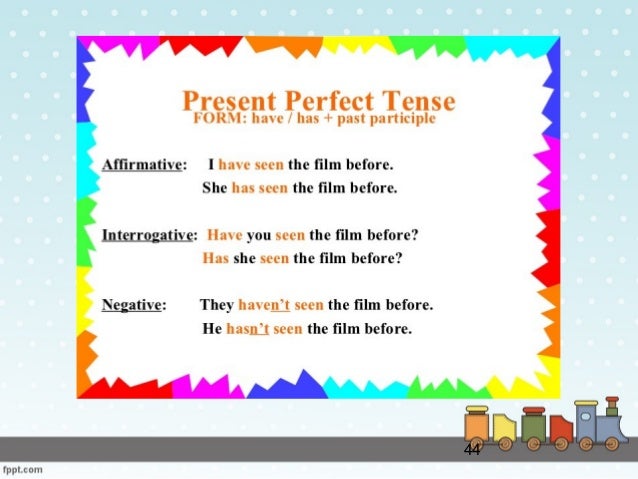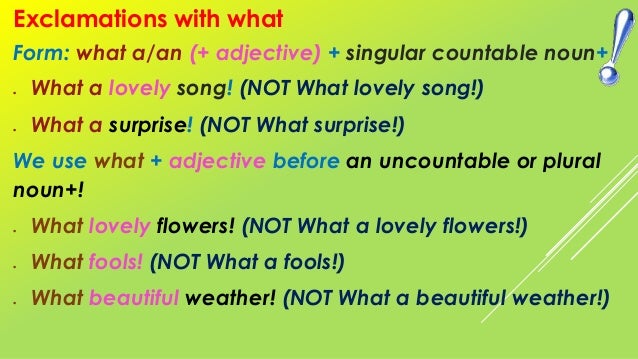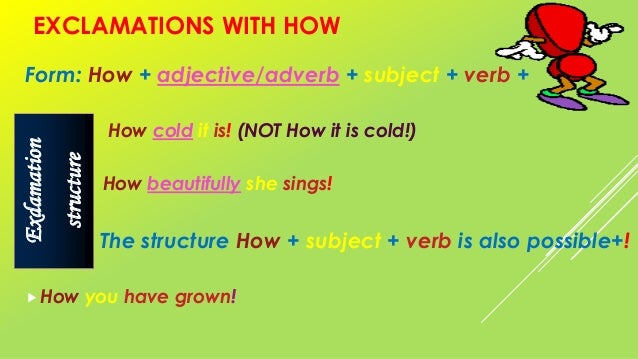We use had better to talk about actions we think people should do or which are desirable in a specific situation. The verb form is always had. We normally shorten it to ’d better in informal situations. It is followed by the infinitive without to.The negative of had better is had better not (or ’d better not).
https://www.aprendeinglessila.com/2013/11/had-better-infinitivo/
https://www.youtalk.es/usar-had-better-ingles-significado-youd-better-habla
https://www.gymglish.com/es/gramatica-ingles/had-better
http://menuaingles.blogspot.com/2007/03/had-better.html
https://www.aprenderinglesrapidoyfacil.com/2017/09/13/had-better/









 HOW + adjectives / adverbs
HOW + adjectives / adverbs